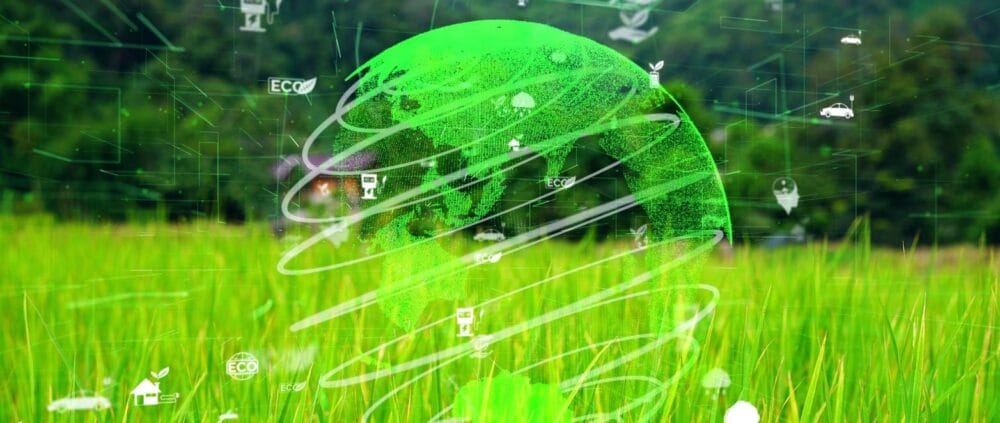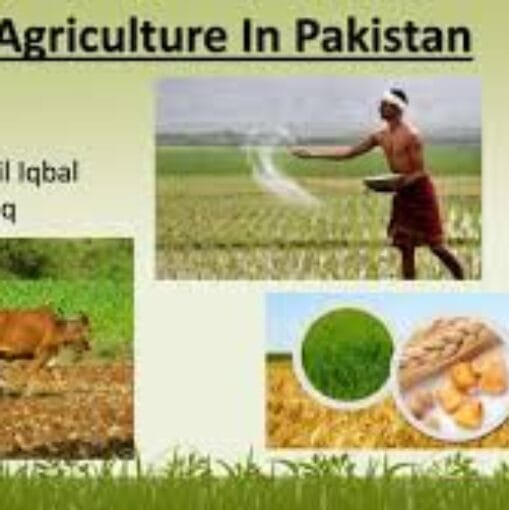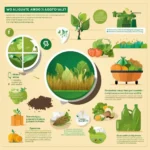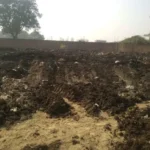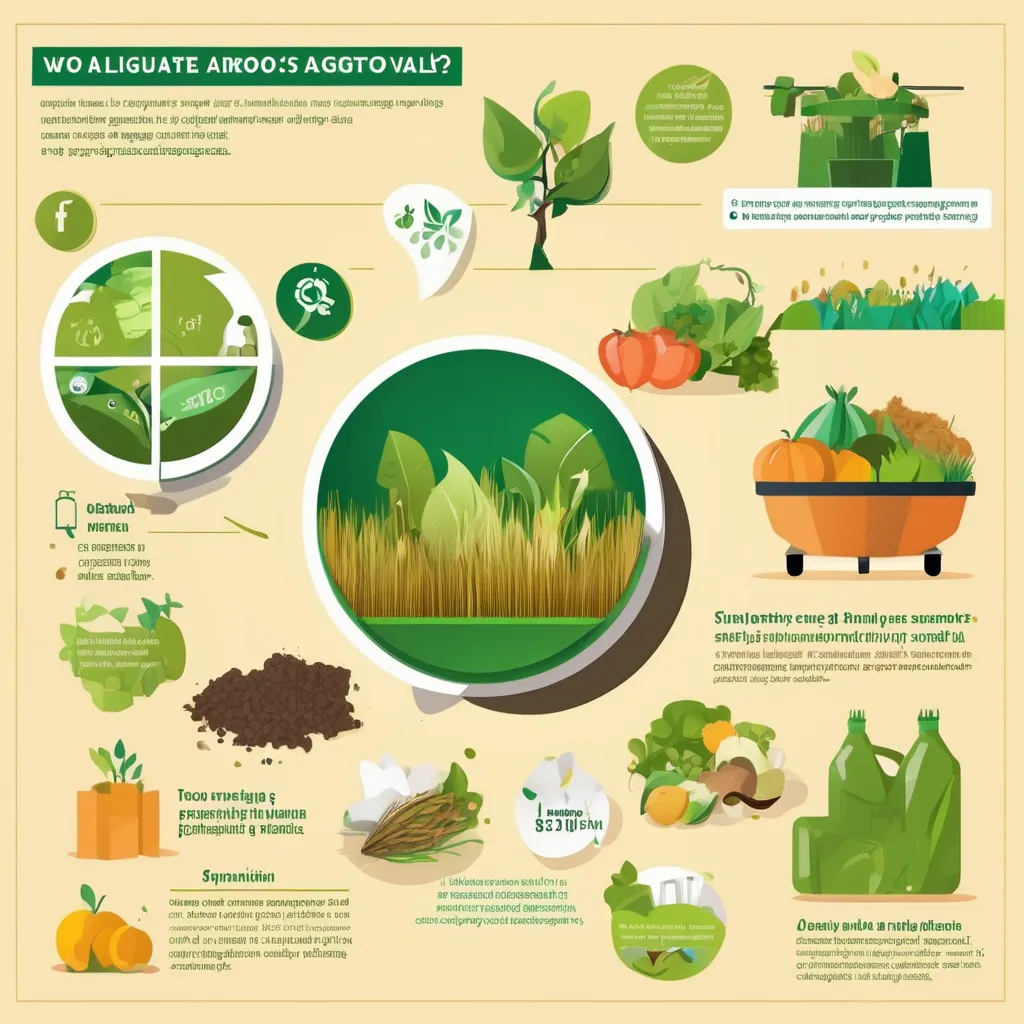Agricultural waste, often considered a byproduct, holds immense potential for sustainable development when effectively utilized. From composting to renewable energy generation, agro waste can revolutionize agriculture, reduce environmental harm, and provide economic benefits to farmers.
What is Agro Waste?

Agro waste includes organic residues generated from farming activities such as crop cultivation, livestock farming, and food processing. Examples include:
- Crop residues: Stalks, husks, and straw.
- Animal waste: Manure and droppings.
- Processing byproducts: Pulp, seeds, and shells.
Why Utilize Agro Waste?
- Environmental Conservation
Utilizing agro waste reduces pollution caused by open burning or improper disposal. - Economic Opportunities
Farmers can generate income by selling waste for industrial use or energy production. - Resource Efficiency
Turning waste into valuable products promotes a circular economy.
10 Innovative Ways to Utilize Agro Waste
1. Composting

Converting agro waste into compost improves soil fertility and reduces the need for chemical fertilizers. Composting also enhances soil structure and water retention, particularly in arid regions like Sindh, Pakistan.
2. Bioenergy Production
Agro waste can be converted into biogas or bioethanol, providing renewable energy. Sugarcane bagasse, rice husks, and corn stover are excellent raw materials for bioenergy plants.
3. Animal Feed
Residues like wheat bran, corn stalks, and sugar beet pulp can be processed into nutritious animal feed, reducing feed costs.
4. Biodegradable Plastics
Agro waste can be used to produce bioplastics, reducing reliance on petroleum-based plastics and mitigating pollution.
5. Mushroom Cultivation
Agro residues such as wheat and rice straw serve as substrates for cultivating mushrooms, creating an additional income source for farmers.
6. Paper and Packaging Industry
Crop residues like sugarcane bagasse and wheat straw can replace wood in paper and packaging production, reducing deforestation.
7. Biochar Production
Agro waste can be converted into biochar, a form of charcoal that enhances soil health, sequesters carbon, and boosts crop yields.
8. Building Materials
Residues such as rice husks and coconut shells can be used to create sustainable construction materials like particleboards and bio-concrete.
9. Textile and Fiber Industry
Banana stems, jute, and coconut husks can be processed into fibers for textiles, ropes, and mats, creating eco-friendly alternatives to synthetic materials.
10. Vermicomposting
Using agro waste in vermicomposting involves earthworms to produce nutrient-rich organic fertilizer, which is ideal for improving soil health.
Challenges in Agro Waste Utilization
- Lack of Awareness
Many farmers are unaware of the potential uses of agro waste. - Infrastructure Deficits
Efficient collection, storage, and processing facilities are limited in many regions. - High Initial Costs
Setting up bioenergy plants or composting units can be costly for small-scale farmers.
Agro Waste Utilization in Pakistan
In Pakistan, agro waste is abundant due to its significant agricultural base. Proper utilization can address key challenges, such as:
- Energy Crisis: By producing renewable energy.
- Soil Degradation: Through organic fertilizers like compost and biochar.
- Pollution: By reducing open burning of crop residues.
Government support, public-private partnerships, and awareness campaigns can further enhance the adoption of agro waste utilization practices.
https://www.youtube.com/watch?v=kpLtHvg8H_o
